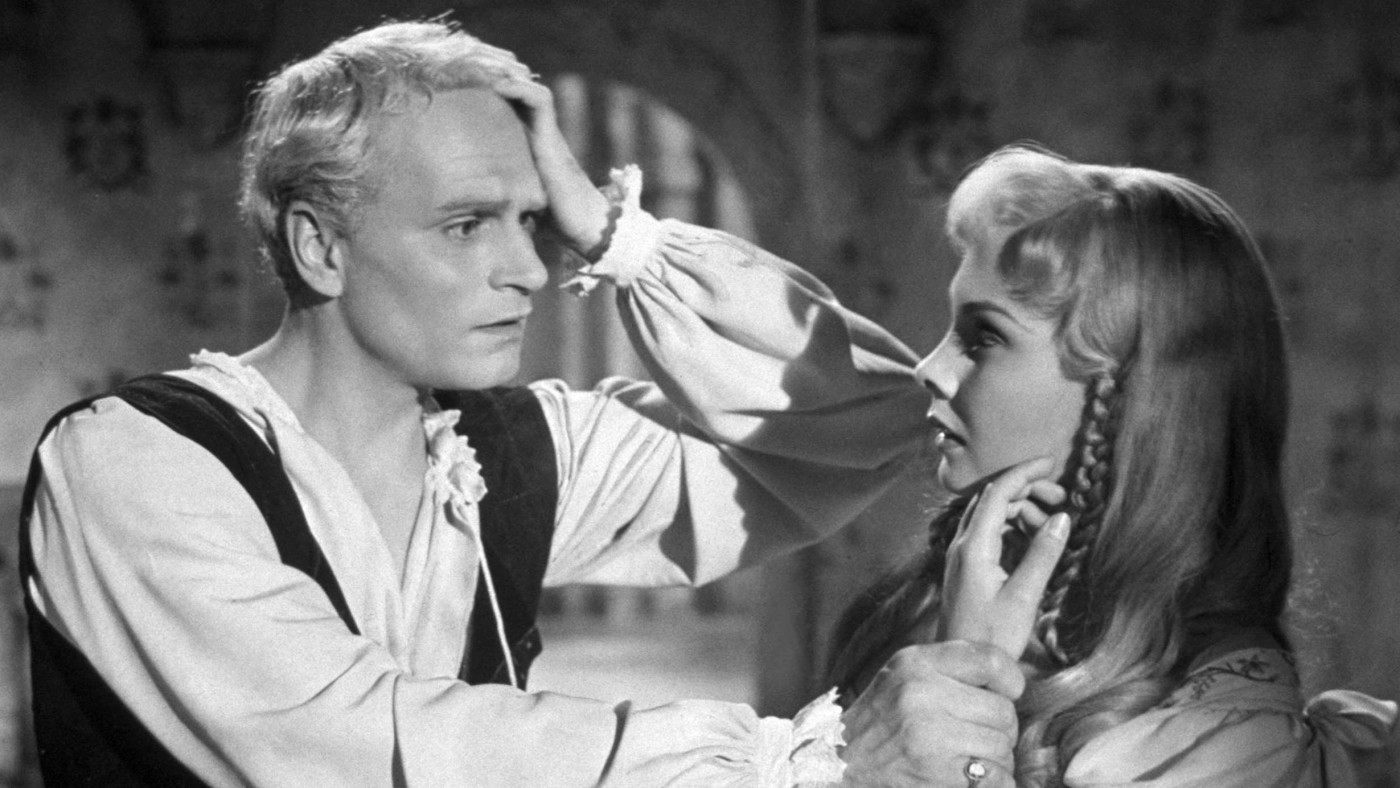The Special Republicanship?
After reading the two articles (President Obama and the Not-So-Special Relationship – 17th November 2015; No, US-UK alliance isn’t over – 7th January 2016) this past week regarding the Special Relationship, I have come to conclude that it is still alive and well. However, it is the British that seem to care more than the Americans and in the US (and more interestingly) the Republicans care more than the Democrats.
It was Reagan & Thatcher and Bush & Blair but the Obama administration is lacking. You never hear much between Clinton and Major for that matter either. In addition to this, I haven’t heard one Democrat presidential candidate reference the Special Relationship but numerous GOP candidates, from Kasich to Rubio, have spoke of its importance.
Perhaps all the Special Relationship needs is a Republican president that understands the benefits of our partnership? Maybe they should be quizzed about returning the Churchill bust to the Oval Office? After all, I can’t imagine Cameron would enjoy working with a woman who thinks he is a toff.
Nadim Muslim, Bolton, Greater Manchester, UK | @NadimMuslim
Shakespeare in Love
Dan Hannan’s article Let Shakespeare’s women speak for themselves – 8th January 2016 seems to suggest that Emma Rice’s desire to give more Shakespearean roles to actresses through sex-blind casting is at best unnecessary and at worst misguided. While acknowledging that he has seen fine performances by actresses in male roles, Hannan suggests that certain parts, where masculinity and fatherhood are central – his examples are Gloucester and Lear – might be a stretch for an actress. Yet Hannan also recognises that all parts were played by men and boys in Shakespeare’s time and praises Edward Hall’s all-male Propellor company. So if a male actor can inhabit, understand and excel in roles where exclusively female experiences (motherhood in Hamlet, Coriolanus, Macbeth or The Winter’s Tale, being a daughter in Romeo and Juliet or King Lear), why should the fatherhood of a Gloucester or a Lear be beyond an actress? Hannan himself acknowledges that a female Lear or Gloucester ‘might work’. I hope that Emma Rice will take up the challenge as soon as possible.
Unsurprisingly, given that he spent his professional life in a world where gender was revealed as a matter of performance, where boys could be very convincing girls (often pretending to be boys), Shakespeare seems to invite us beyond a world where a particular role, whether theatrical or social, belongs to a particular sex. Time and again, Shakespeare’s men do damage to themselves or others by insisting upon suppressing or destroying ‘feminine’ aspects of themselves, whether it is Lear refusing to allow ‘women’s weapon’s, water drops, [to] stain [his] man’s cheek’s’ and his suppression of the hysterica passio that he calls ‘this mother’ or Laertes’ desire to purge ‘the woman’ from him through weeping. Hannan himself, in his praise of the performances in male roles of actresses such as Fiona Shaw and Vanessa Redgrave, seems to understand all of this and yet still to cling on to some last redoubt of truly ‘male’ experience to which no actress can scale.
Dr Johnathan Patrick, London, UK
Banana power
The interesting article The power of bad ideas: why voters keep choosing failed statism – 7th January 2016 concludes with: “For decades, free market policies have been vilified and statist policies promoted by parts of the media and intelligentsia, and many politicians, in Argentina, Venezuela, South Africa and Zimbabwe. Ideas have consequences. One of the most consequential outcomes of the anti-free market propaganda seems to be the willingness of some people to ignore reality – at least for a time.”
Maybe people have longer memories than you realize. South Africa and Rhodesia were for long colonial dictatorships with apartheid. Chile and Argentina went through appalling dictatorships and I am delighted that Chile has emerged so well. They have alternated governments between moderate left and right and they seem to have a good future. Argentina, Venezuela and Colombia have not seen reason to trust the export economy oligarchs (agriproducts, oil, drugs, mining) to run their countries fairly. If the free market economy promoters are honest politicians (or reasonably so) then they will not leave a vacuum into which populists of left or right can prosper.
Cyclical commodity pricing plays a part too. ‘Banana republics’ inhabitants are perhaps no better at spotting and recognising commodity bubbles than Western or Japanese or Chines peoples’ ability to spot and exit in time real estate and financial market bubbles. In neither case, will mainstream right or left politicians come forward and say: ‘hang on people, this can’t last, we need to organise a soft landing…’
Michael Killian, France | @MichaelKillian1
I think many reasons can be pointed out that start explaining the electoral success of socialist policies:
– the socialist ideal promises wealth out of rights while the capitalist ideal promises wealth out of effort and for many rights are better than effort no sweat is required.
– socialist parties often build a net of citizens who start benefitting from government (public employees, corrupt businesses, retired workers getting a pension. Suddenly many have a little to loose and this is more visible than the lot everybody could gain through free markets.
– socialism promises are on the short term while capitalism is more a long term bet.
Marc Arza, Reus, Catalonia | @marcarza


